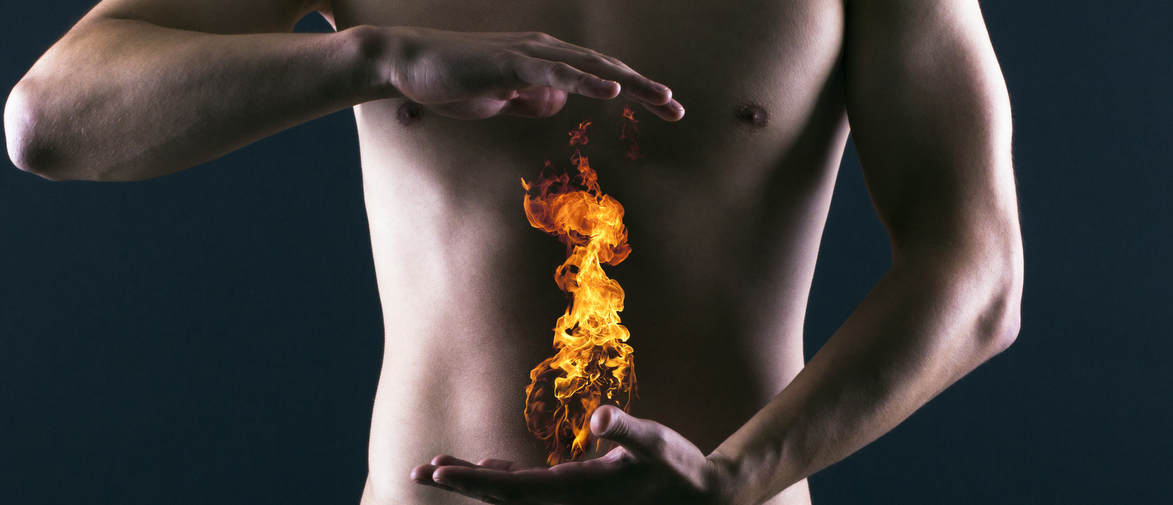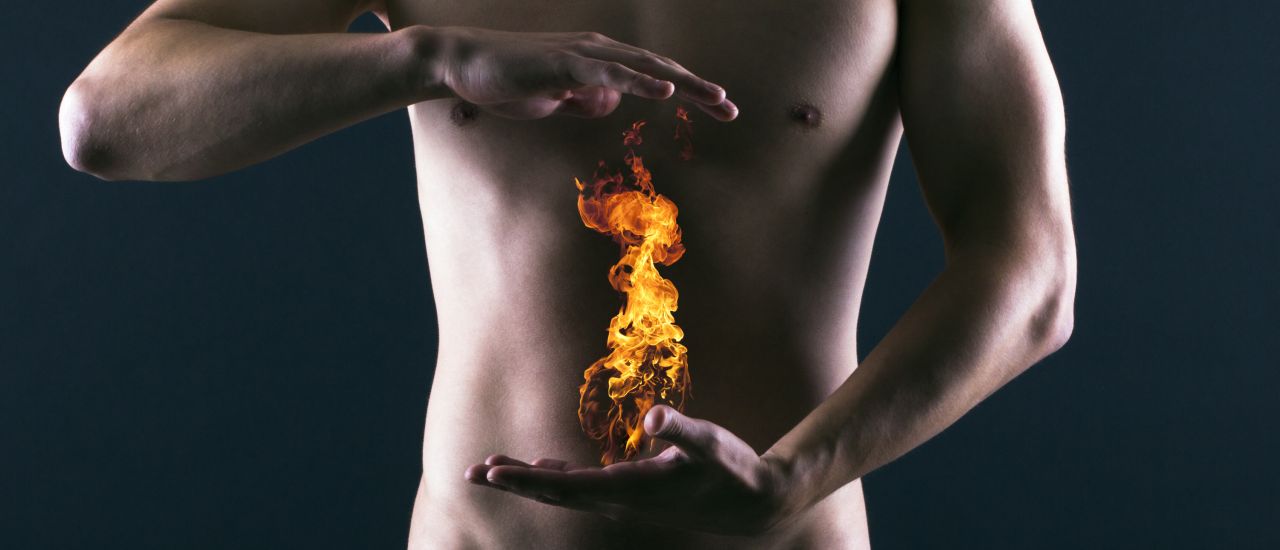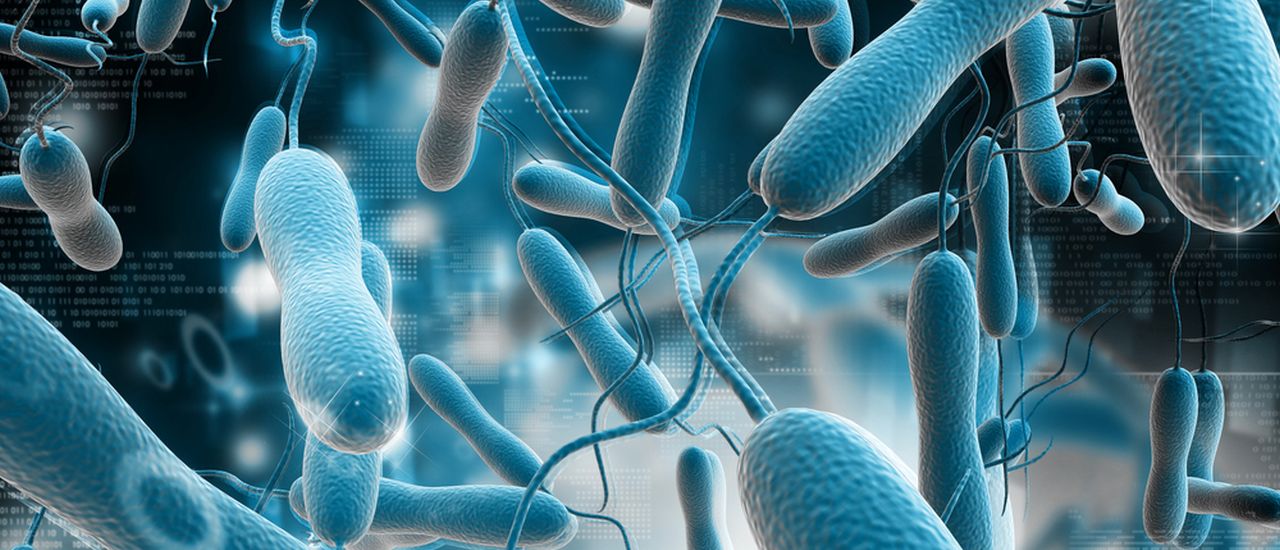Irritable Bowel Syndrome (IBS) is a condition that affects the digestive system, and which causes abdominal pain, constipation and/or diarrhoea and bloating.
The direct cause of IBS is unknown and symptoms can range from mild to severe and include: abdominal pain, bloating, nausea, diarrhoea, vomiting, headaches, burping and passing wind more frequently, and backache.
Although doctors don’t know exactly what causes IBS, one of the contributing factors is diet, and there are certain foods which can make your symptoms worse.
Common problem foods include:
Dairy products
If you’re lactose intolerant then it’s best to avoid all forms of dairy. This is because your body likely lacks lactase enzymes which break down lactose – the sugar found in dairy products. Typical symptoms of lactose intolerance include: abdominal pain, diarrhoea and flatulence (gas).
High-fibre foods
Although high-fibre foods are recommended for a healthy and balanced diet, if you suffer from IBS you’ll probably find that too much fibre results in diarrhoea, flatulence and abdominal pain. For this reason, you should limit the amount of fibre you eat each day.
High-fat foods
Fatty and fried foods are bad news for everyone, but if you have IBS then they can irritate the digestive system even more.
Caffeine
Caffeine is a stimulant and a mild diuretic, commonly found in coffee, chocolate and energy drinks, and it can irritate the intestines causing cramping and diarrhoea.
Alcohol
Alcohol affects the lining of the gastrointestinal tract of the digestive system. For people with IBS, alcohol acts as an irritant in the GI tract, often causing nausea, vomiting, diarrhoea. In severe cases it can also cause bleeding.
If you suffer from IBS, it’s important to find out what “triggers” your symptoms, as it differs from person to person. If you’re diagnosed with IBS, you’ll likely be put on an “elimination diet”. For this, you’ll need to consume certain “trigger” foods, and make a note of when you ate them and if you had any symptoms afterwards. Although an elimination diet can be very beneficial at finding out what’s causing your symptoms, it’s important to speak to your doctor first before you start this type of diet.












